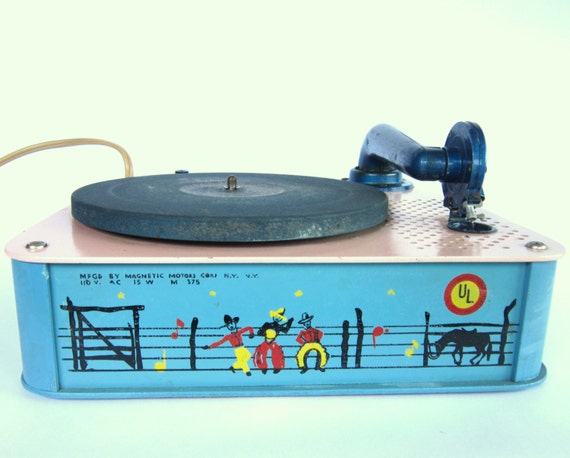


What I can say is that whoever put together the array of products displayed in the 78 RPM section of its Web site has a good grasp of what features the collector of old records needs, and the company has taken steps to ensure they are on offer.

I say "look seriously" rather than "run out to buy from" because I have never bought anything from this source in fact, as recently as a week ago at this writing I had never heard of this source, and thus I can't speak to how it does business in practice. If I were starting over from scratch and had reasonably substantial means, I would look seriously at a current producer called Sound Hi Fi, which has an enticing array of products for the 78 RPM collector at. Now it's time to start applying those observations to some real world examples. The first installment of this series, if you'll cast your mind back, spilled a considerable number of electrons and pixels discussing the general qualities that make a turntable desirable for the 78 collector. Who should look to one of the other groups: Those interested, casually or otherwise, in 78s only from about 1930 forward, particularly if they prefer dedicated separate turntables for 78s and LPs. Who doesn't need a turntable from this group but might want one anyway: Those who wish to play electrical 78s and LPs for transfer or critical listening and possibly some records from the acoustic era more casually. Who needs a turntable from this group: Those who wish to play records of every age, including substantial numbers of pre-electrical records, for transfer or critical listening. Group I turntables: close to ideally suited, with most of the desirable features. Part II of a Series: An Idealist's Garden of Delights On an Overgrown Pathé What Goes Around Comes Around


 0 kommentar(er)
0 kommentar(er)
